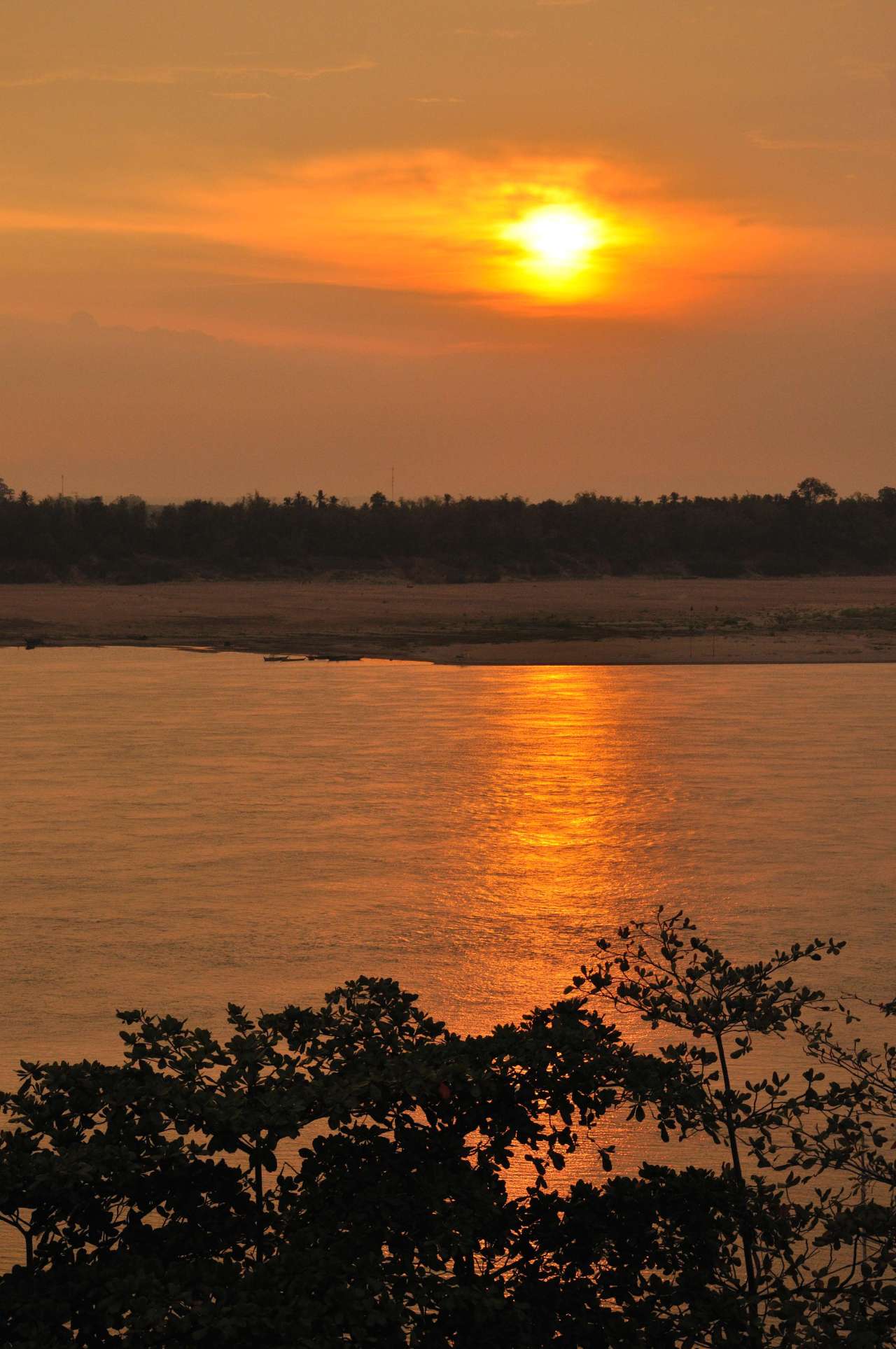
This course provides an overview of the foundational concepts and future horizons of biodiversity conservation. Over the next 25 years, scientists estimate that 10-50% of all life on Earth will be committed to extinction. Does this matter? Is it 'natural'? Will this impact how the world functions? What tools do we have to slow or stop this decline? What tools can we create? What information do we already have? How does this loss affect us, and our relationships with the millions of species we share the Earth with? To tackle these questions, we will integrate real-world case studies and primary literature with some adventures outside, and exposure to the minimum quantitative toolkit of conservation biologists. In keeping with the 'real-world' ethos of the course, in lieu of a final exam, you will develop a case study on a specific conservation solution as a final course project, and teach it to the remainder of the class. Through this course you will develop: (i) an understanding of the scope and drivers of the current extinction crisis, (ii) familiarity with the current pantheon of conservation 'solutions', (iii) competency in the essential suite of tools necessary to ask questions in conservation, and (iv) a philosophical basis for which to approach problem-solving in conservation.
- Teacher: Matthew Leslie
